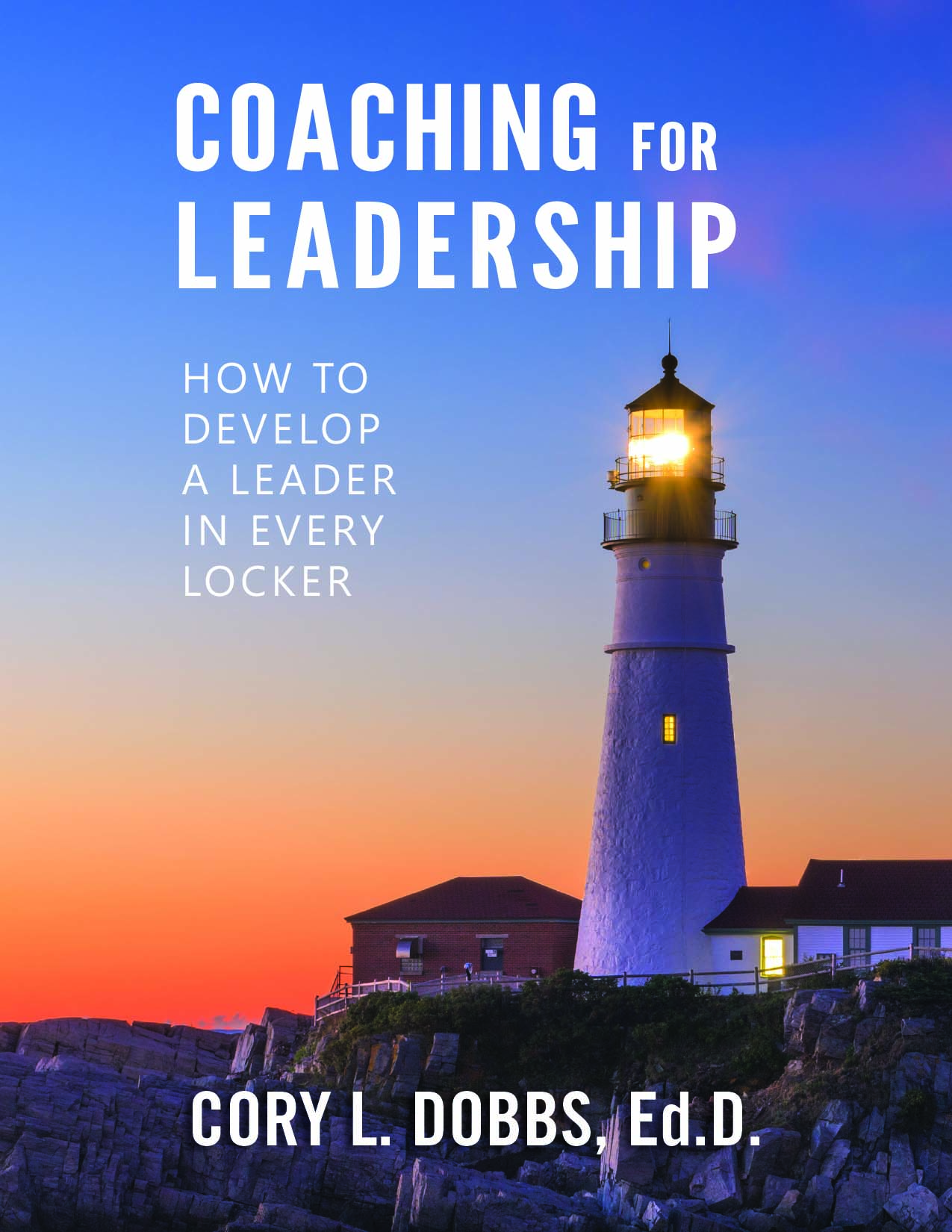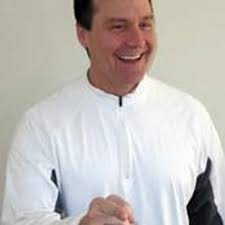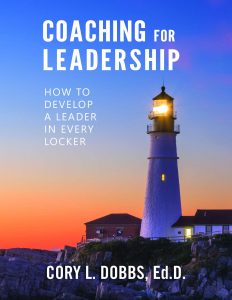Cory Dobbs, Ed.D.
The Academy for Sport Leadership
The following is an excerpt of an interview conducted by Dr. Cory Dobbs, President of The Academy for Sport Leadership. Dr. Dobbs interviewed leadership expert, Dr. Joe Leboeuf, management professor at Duke University.
Joe Leboeuf, Ph.D. teaches at Duke University in the Fuqua School of Business. A graduate of West Point, Dr. Leboeuf teaches courses on leadership development and organizational culture. Dr. LeBoeuf’s expertise focuses on leadership education, leader development and organizational culture. LeBoeuf, a retired Colonel, is a lead educator/consultant on a 9 month study of the leader and character development system at the United States Air Force Academy; assessment of current process with recommendations for change grounded in emerging leadership and character development concepts and theories.
-
- What is the essence of the “West Point Way”?
The heart and soul of the West Point Way is building leaders of courage and character willing to walk the “high moral ridge” in service to the nation. These leaders will place their personal interests, and if necessary their lives, secondary in the service of others, whenever and wherever our National Command Authority dictates. This character and leader development process is the foundation of the 4-year Military Academy experience, and frames and guides the behavior of all members of the leadership, faculty and staff. It is the core guiding principle.
- What is the essence of the “West Point Way”?
-
- Can student-athletes learn to lead?
Absolutely, students can learn to lead. It is the premise upon which the Service Academies build their programs. It is clear that one can learn the knowledge, skills and behaviors that are associated with effective leadership. The foundation of this learning is the crafting of crucible experiences that move the learners outside of their comfort zone and create the conditions for effective leadership learning and leader development.
- Can student-athletes learn to lead?
- What one or two military leader development activities do you feel are most relevant to student-athletics?
The essence and power of leadership in the military is in the collective — the team; the willingness to place the needs of others, and the team ahead of the self. The US military is the best at building effective teams. Intense developmental experiences like US Army Ranger and Sapper School, the Navy SEAL training program, and the Marine Corps Force Recon are the finest team building experiences in the world. Participants learn to put others before self, and learn the power of collective activity to accomplish difficult tasks that simply cannot be done by folks working alone. The military services does this the best. We have applied Army team building activities here at Duke with the men’s and women’s basketball, soccer and lacrosse programs contributing to great success, to include two national championships in the last 2 years.
About Dr. Cory Dobbs and The Academy for Sport Leadership
Dr. Cory Dobbs, founder and president of The Academy for Sport Leadership, is an accomplished teacher, author, speaker, and coach. Dr. Dobbs has long passed the 10,000 hour threshold for expertise in the areas of leadership and team building education. The Academy’s curriculum is in use by 1000’s of schools and colleges across the U.S. Dr. Dobbs has taught at Ohio University, Northern Arizona University, and Grand Canyon University. Dr. Dobbs most recent contribution to the coaching profession is his breakthrough concepts of Teamwork Intelligence. A prominent coach recently declared, “Cory Dobbs is a clear voice in a sea of noise, bringing much needed passion and intelligence to the process of team building.”
“Tell me and I’ll forget. Show me and I may remember. Involve me and I will care.” -Your Student-Athlete The world of coaching is changing. In Coaching for Leadership you’ll discover the foundations for designing, building, and sustaining a leadership focused culture for building a high-performance team. To find out more about and order Sport Leadership Books authored by Dr. Dobbs including Coaching for Leadership, click this link: The Academy for Sport Leadership Books









